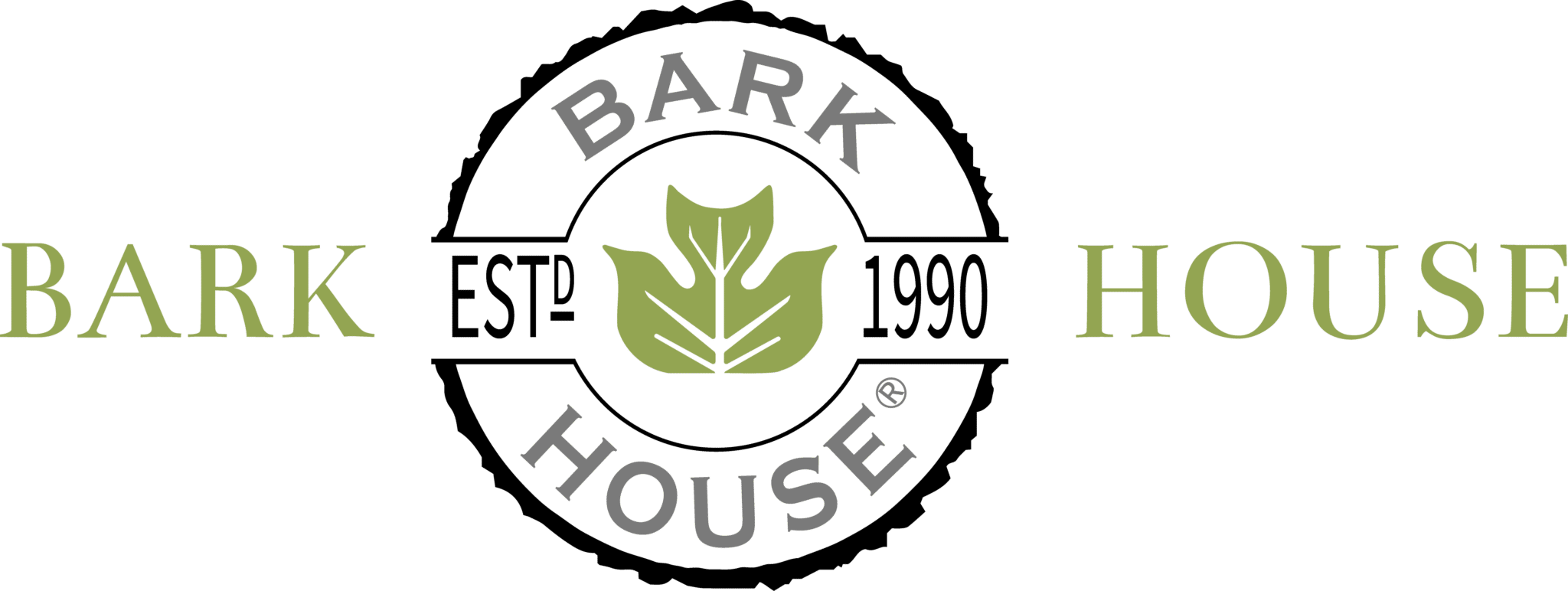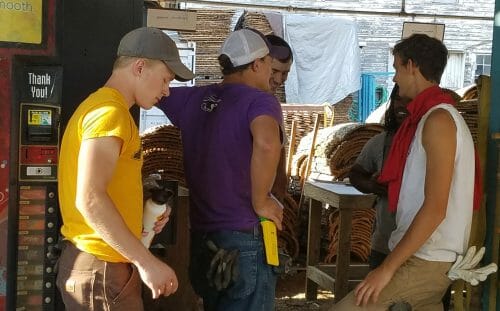Big Impacts Start Small
The value of an employee who thinks cannot be measured – so we intentionally encourage the development of this capacity.
“Bark Season” coincides with the Summer break from high school and university, so we hire a percentage of returning students each year for our team. At the end of each season, we meet and ask for feedback on what these students see as ways we can support them better and grow our company. The feedback is invaluable as a fresh set of eyes with youthful perspectives are given. The level of responsibility that these youth feel to their community and to us as employers is often humbling. The students feel stress as the agents between our vendors and the company, to ensure that each gets a fair count when RAW™ (Reclaimed Appalachian Wood Waste) material is delivered. They understand hard work and our vendors take pride in seeing this next generation learning how to work, handle themselves and think on their feet.
As an employer, we feel the importance of enacting their suggestions that can lead to our improvement- no matter how small or large in scope. Ryan McKinney, who attends East Tennessee State University, shared two important observations last bark season. We need a little more space for processing – something that we are in line to accomplish before next bark season. We can still improve the utilization of our waste stream. Some of the material (locust splits) is donated to the community to heat their homes. Some is mulched at a local recycling center and sold to that business’s clients. But Ryan suggested that we burn our waste for energy. This is the one issue that has haunted us for years and we have not yet been able to enact. We have engineered a clean, small-scale bio-burner system that could be directly used for heat, freeing up our solar power generation for direct income.
Managing waste streams remains of particular interest to us. So, if you have ideas to share – we welcome those too.

